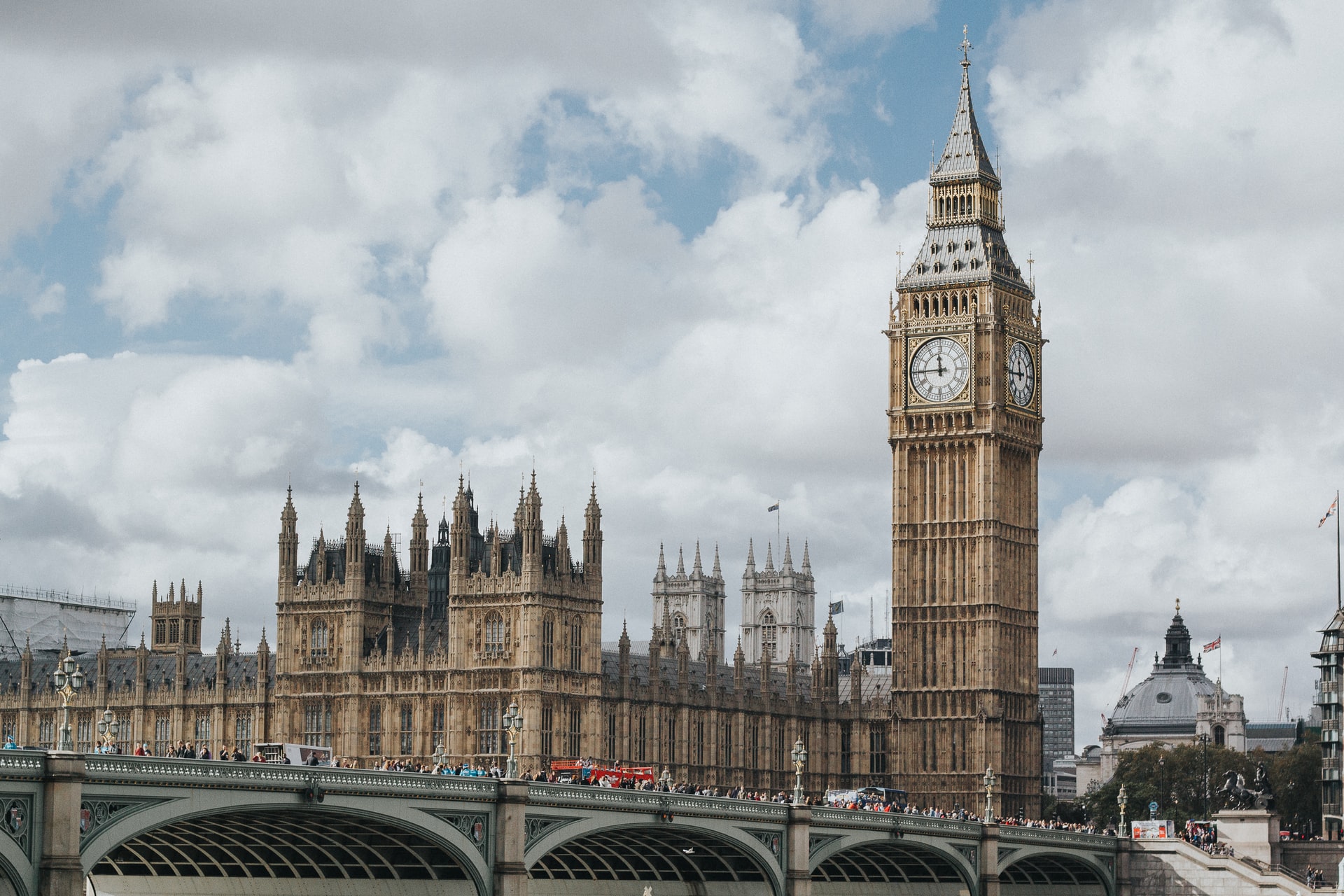As promised by the UK government after last year’s general election, a review of the Gambling Act is imminent. Much has changed in the industry since last December, including a credit card gambling ban and clampdown on ad exposure to minors. Charities, governing bodies and think tanks have also released reports looking at the state of the industry.
According to a BBC article published in January, gambling-related hospital cases have risen by 114% in six years. Meanwhile, money comparison site Finder cites that 0.5% of the British population are problem gamblers.
Sifting through the noise, we can expect changes to existing legislation. The Act was finalised in 2005 and implemented in 2007. Since then, gambling has become more accessible via mobile and desktop devices. Financial services have also evolved, while the number of operators has also risen.
Let’s take a look at how the Gambling Act should change, starting with…
What would do more harm than good?
Various groups, most notably the House of Lords, have called for a complete ban on gambling sponsorships. However, restriction doesn’t always equal reduction.
We can see examples of failed policies in this respect elsewhere in Europe. In Sweden, for instance, Copenhagen Economics discovered that searches for ‘casinos without licence’ and ‘casinos without Swedish licence’ both rose between January and December 2019. The research firm also speculated in April 2020 that the country’s channelisation rate could be as low as 72%.
Responsible advertising is essential for directing players to regulated websites. If the Act outlawed advertising, consumers would be at a greater risk of betting with illegal operators where they are not protected. Reviewers draw valid data-based conclusions, rather than making knee-jerk reactions that could harm both vulnerable individuals and the country’s gambling industry as a whole.
How can the Gambling Act be brought up-to-speed with current digital and market realities?
In July, the House of Lords encouraged a £100 weekly deposit cap. Since the average Brit gambles £2.69 per week, this seems reasonable.
However, we must consider the number of available banking services and gambling operators. According to the Corporate Finance Institute, there are over 300 banks in the UK. We must also remember that the UK Gambling Commission (UKGC) currently licenses over 2,800 operators. With so much choice and the ability to pick more than one banking service or betting website, tracking problem gamblers’ every footstep is tough. A possible solution might be for online operators to share player information, like many land-based casinos in London do, with financial institutions doing likewise. This data could be made accessible through a centralised digital base.
Tying in with the above, the Act should ensure that all financial institutions offer voluntary gambling transaction blockers and a cooling-off period. While most do, 29 million people in the country still don’t have access to such features. Adding these options would help to put more problem gamblers off from betting money they can’t afford to lose.
The legislation should also consider operators being allowed to operate in ‘mainland’ Britain while paying lower taxes elsewhere. Operators in the UK pay 21% in annual tax on remote gaming, compared to 0.5% in Gibraltar. Clean Up Gambling’s Matt Zarb-Cousin argued in August that operators should need a physical presence in the UK if they are to operate here, while also believing that companies “relocating offshore has resulted in hundreds of millions in tax being avoided”. Suppose more operators had a physical presence in Britain. In that case, the government could use this extra tax revenue to fund educational initiatives and improve the NHS’ gambling services.
Conclusion
The 2005 Gambling Act has allowed the UK to grow into one of the world’s biggest online gambling markets. However, the legislation needs tweaks that bring it up-to-date with modern realities.
Since the law’s introduction, technology and financial services have both advanced drastically. Players also have more gambling options.
A spending cap could be a good idea. Still, it will only work if there is a centralised player database accessible to operators and financial services providers. And while many banking institutions offer gambling protection measures, access to these features should be universal – just like the credit card gambling ban is.
Legislation should also consider the presence that companies without physical offices can have. Is it a level playing field if they pay less tax than companies with a base here? And would British society not benefit more from the additional funding in safer gambling initiatives and support?
Ideally, the legislation should also be reviewed by an independent third party so that decisions are objective. But since the government wants to head the review, it must make sure that all decisions are based on substantial evidence.






